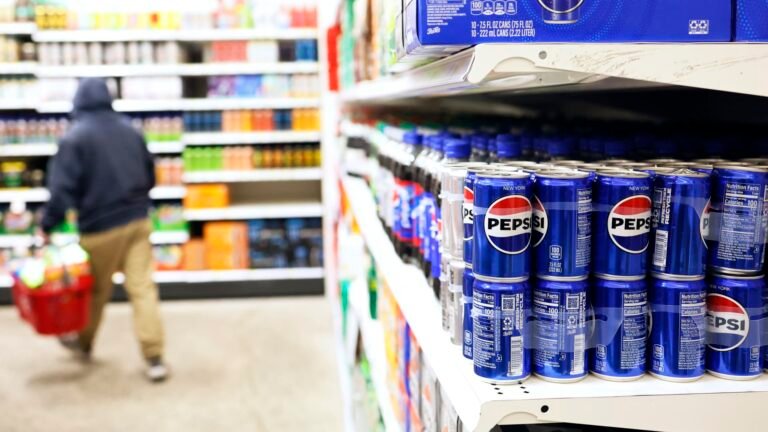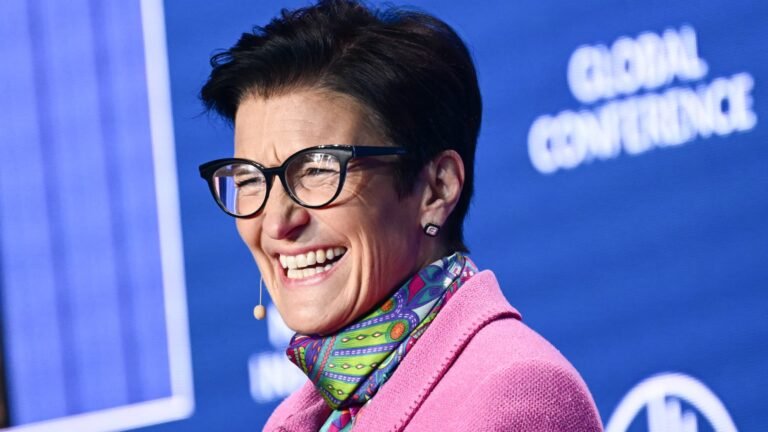
Accident investigators are currently working to determine the cause of a Jeju Air flight that made a belly-landing without deploying its landing gear at Muan International Airport in southwestern South Korea. This incident resulted in the tragic deaths of all but two of the 181 individuals on board, marking South Korea’s worst air disaster in decades.
Following the crash of Jeju Air Flight 7C2216, South Korea’s acting president, Choi Sang-mok, has ordered an urgent inspection of the country’s Boeing 737-800s, the same aircraft model involved in the fatal accident.
The Boeing 737-800 is a widely used aircraft globally with a strong safety record, predating the Boeing 737 Max model that was involved in two fatal crashes in 2018 and 2019. The 737 Max was grounded for nearly two years due to issues with its flight-control system, which was later addressed.
According to aviation-data firm Cirium, there are approximately 4,400 older Boeing 737-800s in operation worldwide, constituting around 17% of the commercial passenger jet fleet. The average age of the 737-800 fleet is 13 years, with the last planes of this series delivered about five years ago.
The aircraft involved in the recent crash was delivered to Jeju Air in 2017 and had previously been operated by Ryanair. The plane was approximately 15 years old at the time of the accident.
Aerospace experts believe it is unlikely that investigators will discover a design flaw with the Boeing 737-800, given its extensive operational history. The investigation into the crash may take over a year, as the circumstances surrounding the incident, such as the failure to deploy the landing gear, raise numerous questions.
One theory being considered is the possibility of a bird strike that may have disabled one or both engines, preventing the crew from executing emergency procedures. The NTSB, along with Boeing and the FAA, is part of the U.S. investigative team due to the aircraft’s U.S. manufacturing and certification.
Boeing’s stock initially dropped over 4% following calls for inspections on 737-800s operated by South Korean airlines but later recovered to close the day down 2.3%.







